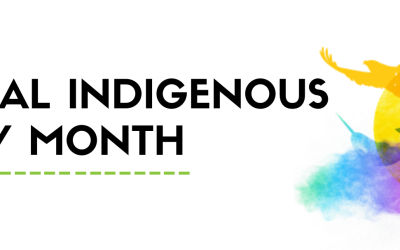For those Canadians wondering whatever happened to the Nisga’a people who more than a decade ago signed the first modern-day treaty in British Columbia comes an answer.
A study carried out by the Winnipeg-based Frontier Centre for Public Policy reveals that, while aboriginal self-government is not all it’s cracked up to be, the Nisga’a are fairly happy with the aftermath of their treaty.
Back in the late 1990s, when the agreement between the Nisga’a and the provincial and federal governments was about to be signed following some 22 years of negotiation, British Columbians fretted about the precedent the treaty would set and whether the governance arrangement being created was even constitutional.
Today most have forgotten about the Nisga’a who live in the far northwestern reaches of the province, 250 kilometres from an airport and port, in Prince Rupert.
The Frontier Centre notes, since the accord was reached, “no systematic efforts have been undertaken to … assess the Nisga’a treaty as a prototype.”
Surely this makes no sense, when 41 of the 60 first nations groups in B.C., representing 110 Indian Act bands, are in treaty negotiations, according to a January report by the B.C. Treaty Commission.
A Department of Indian Affairs website describes the Nisga’a treaty as a deal that transferred $196 million over 15 years, along with 2,000 square kilometres of Crown land and comprehensive self-governing powers. But the website offers no comment whatever on whether the deal has resulted in the Nisga’a becoming better or worse off.
The Frontier Center study, conducted by researcher Joseph Quesnel and Canadian pollster Conrad Winn, sought to find lessons to be learned from the Nisga’a experience.
Specifically the two carried out a survey last fall probing popular attitudes toward the treaty regarding living conditions and governance.
Quesnel, a Quebec Metis, revealed the survey results Monday at a news conference in Vancouver, saying while the Nisga’a haven’t been harmed by their treaty, “there is much work to do in ensuring institutions are accountable and transparent.”
What Quesnel and Winn found was that self-government had brought less, not more, consultation with local people.
Moreover, native governance was plagued by “nepotism, family-related voting and the lack of separation of business and administration from politics.”
Most important, “many Nisga’a think they are not doing better [economically] after the treaty.” (Forestry is the main industry in the area.) Most reported their standard of living and personal incomes had dropped since the treaty’s launch.
Quesnel believes treaty negotiators should take lessons from the experience in the Nass Valley. For example, it might be smart to establish ombudsman offices in treaty communities to deal with family favouritism and nepotism.
More positively, the Nisga’a reported their government was more honest and trustworthy than the federal government and did a better job delivering health and education services.
Of course, the self-government model may be about to face its biggest test.
Quesnel’s report found the Nisga’a were most concerned about a treaty provision that mandated a phasing out of the sales and income tax exemption long enjoyed by the 2,500 on-reserve members of the community.
In fact, the loss of the Indian tax exemption was cited by several dissatisfied Nisga’a band members as a reason for their having resettled in recent years among the neighbouring Tsimshian people.
Income taxes become payable under the Nisga’a treaty in 2013. Clearly, that will be the time when members of this community will feel the full reality of self-government, a reality that every non-native person knows only too well.


